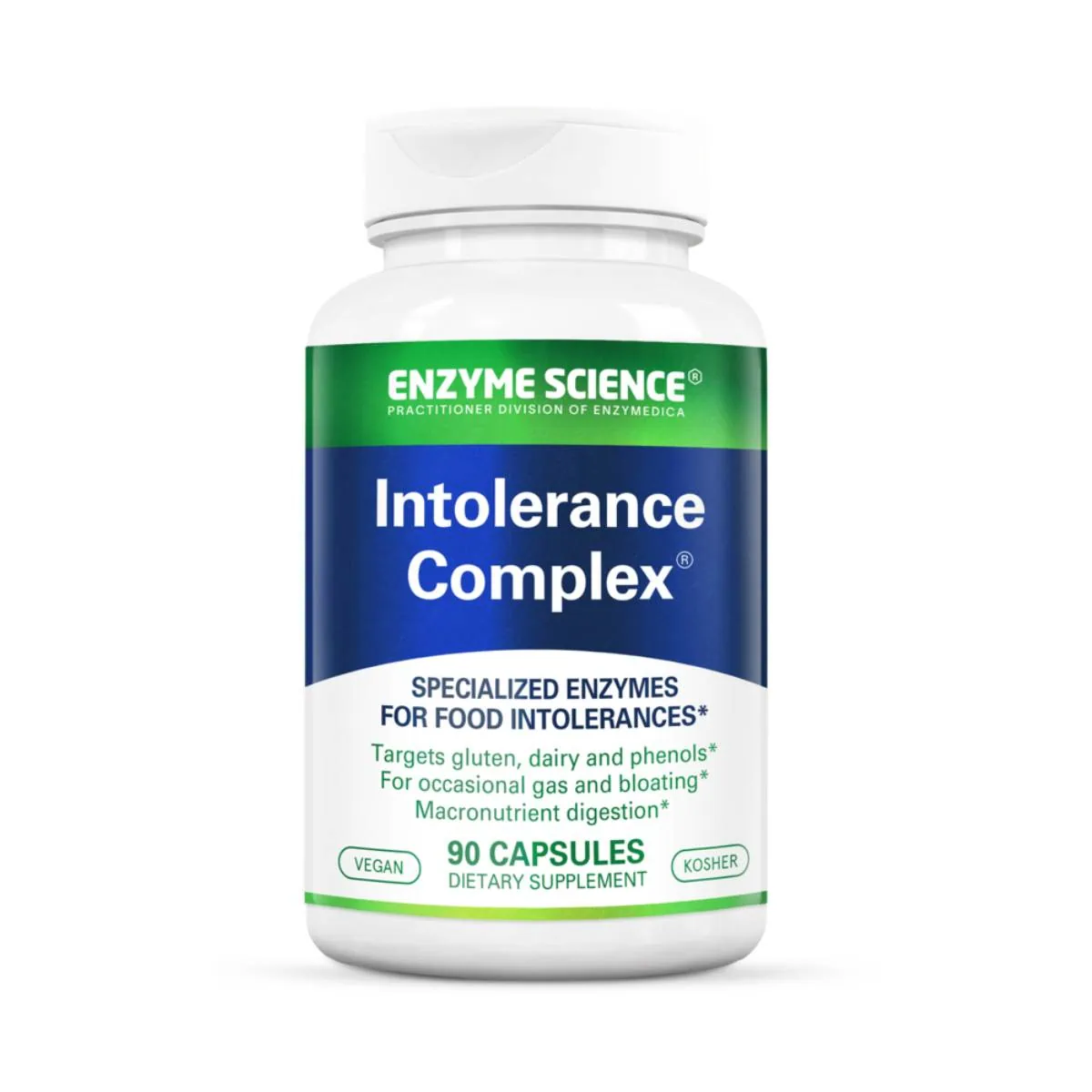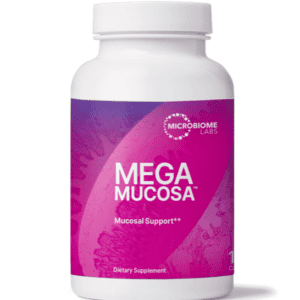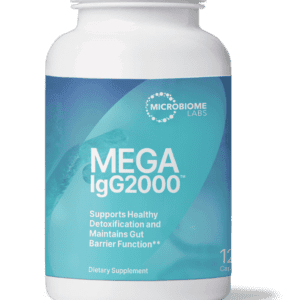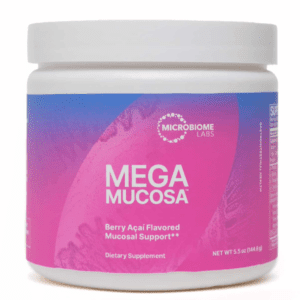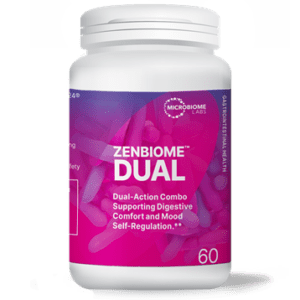Product Description
Intolerance Complex™ – Multiple Food Intolerances Support
Food Intolerance Digestive Enzymes – Support for Gluten, Dairy, Lactose, Casein, Phenol Digestion and More
Food intolerance is the result of impaired digestion due to a lack of digestive enzymes. Without the required enzymes, the body is unable to properly break down the foods we eat. Food intolerance typically manifests in the digestive tract as diarrhea, cramping, bloating, gas or upset stomach.
Food intolerance is different from food allergies. Food intolerance is not life threatening, but is uncomfortable and may undermine nutritional health.
Identifying the particular foods that cause sensitivity, and eliminating or reducing them from your diet, is a primary goal for addressing adverse food reactions. However, enzyme supplementation in combination with dietary modification (eliminating the foods that are troublesome) is a good complementary practice that provides digestive support.
It’s not always practical or possible to eliminate all foods to which you are sensitive; restaurant meals and processed foods often contain trigger foods of which you may not be aware. Enzyme supplementation can assist and enhance the digestion of foods. Digestive enzymes can both minimize problematic GI symptoms, and make more nutrients available to nourish your body.
Intolerance Complex contains digestive enzymes that provide support for most common food sensitivities and intolerances:
- Gluten – a protein composite found in grass-related grains such as: wheat and wheat products (bulgur, durum flour, farina, graham flour, kamut, semolina and spelt), rye, triticale (wheat and rye cross), and barley (including food and drinks with malt, malt flavoring and malt vinegar). Sometimes oats contain gluten due to cross contamination during processing. Gluten can be found in beer, soy sauce, as a food additive (stabilizing agent, e.g. ice cream and ketchup), and in imitation meats that are vegetarian alternatives. Incidence of gluten intolerance may be increasing.
- Lactose – a sugar naturally found in milk and other dairy products. Lactose intolerance affects millions of Americans.
- Casein – a dairy protein that is a major component of cheese. Casein has a similar molecular structure to gluten!
- Phenol – phenolic compounds exist naturally in fruits and vegetables, berries, tea, beer, olive oil, chocolate, cocoa, coffee, popcorn, cider, vinegars, herbs, spices, nuts. Synthetic phenolic compounds are commonly used as food additives.
Intolerance Complex also contains proteases, amylases, and lipases — digestive enzymes for proteins, carbohyrates and fats.
See Ingredient Tab for detailed breakdown of enzymes in Intolerance Complex.
As Intolerance Complex does not contain probiotics, many people complement it with a separate probiotic supplement.
Digestive Enzymes and Detoxification
Digestive enzymes can also help reduce and increase the elimination of toxins in your body, especially if you have food intolerances. “Digestive Enzymes and Detoxification,” by Walter Crinnion, ND explains how digestive enzymes can help reduce the toxic load so many of us carry around.
Manufactured by Enzyme Science.
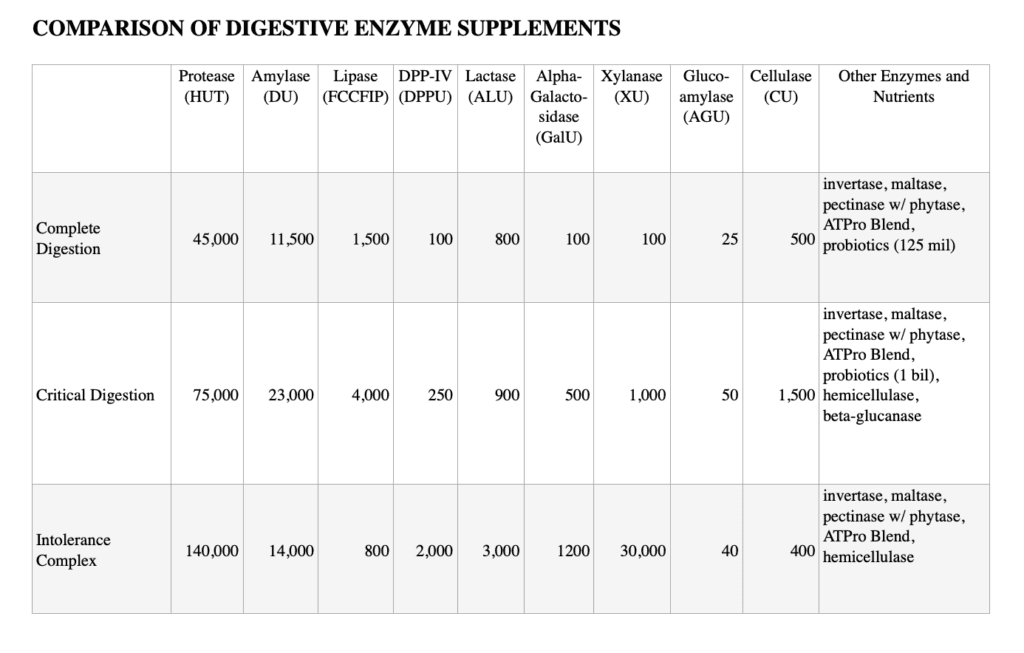
Digestive Enzyme Comparison Chart -Click for PDF of Table
How to Decide Which Digestive Enzyme to Use
Many people begin with Complete Digestion as it provides a “good coverage” of digestive enzymes for a reasonable price.
If they require a more potent digestive enzyme (more proteases, amylases lipases and across the board more other enzymes), they then try Critical Digestion.
People with specific food sensitivities often utilize Intolerance Complex in situations when they are unable to avoid foods they have trouble digesting or are eating out and not exactly sure how their meal is prepared.

